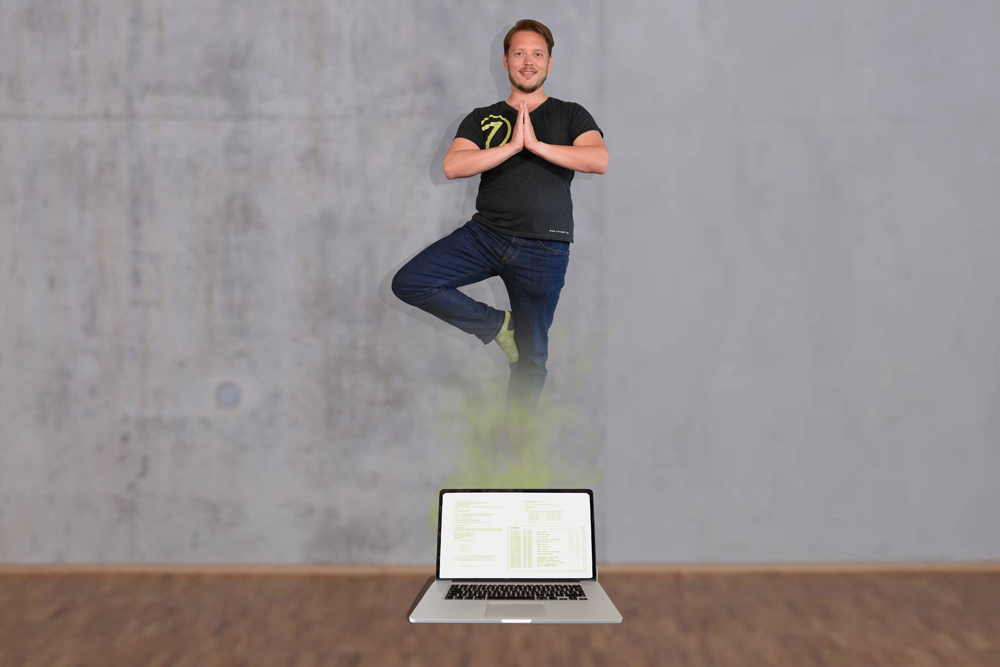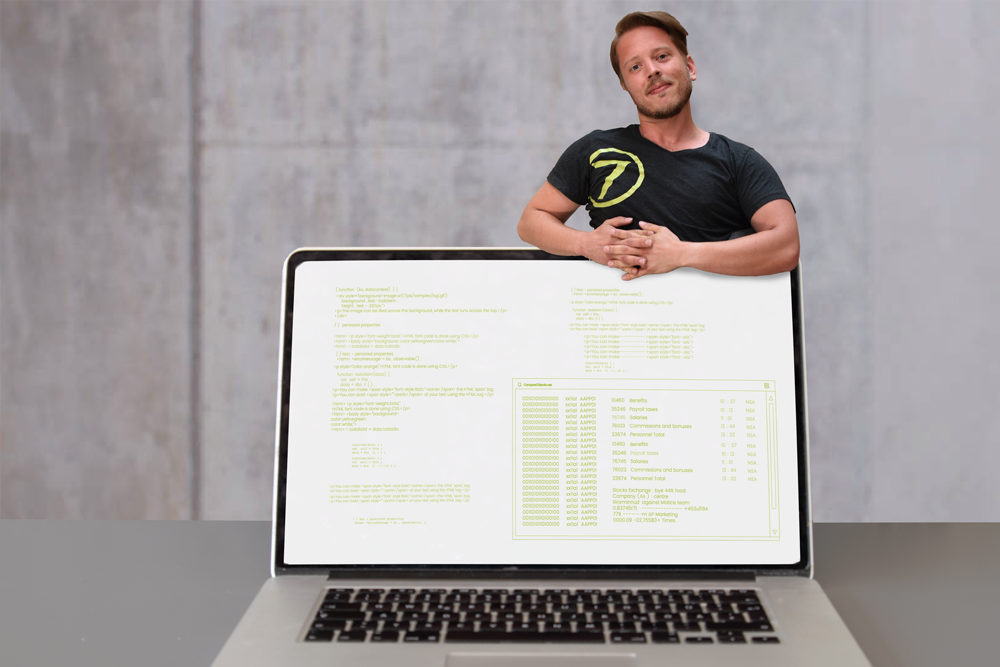“Half a Life – The Story of my Second Family” is the title he would give his job at virtual7. He has spent his entire professional life at virtual7 and in the almost 18 years since then, many colleagues have become a second family to him. Throughout his time at virtual7, Marek Hubatka has grown with his tasks, experienced unforgettable moments, and gone through exciting changes at virtual7. He says he has developed a spiritual connection to computers and technologies that enables him to find the right solutions to pretty much any problem.
What has happened at virtual7 over the years and how did the company evolve? Get all the first-hand information here. Has Marek ever thought about leaving virtual7? What makes his job at virtual7 special besides his spiritual connection to technology and computers? Find the answer in his What’s your Story?!













